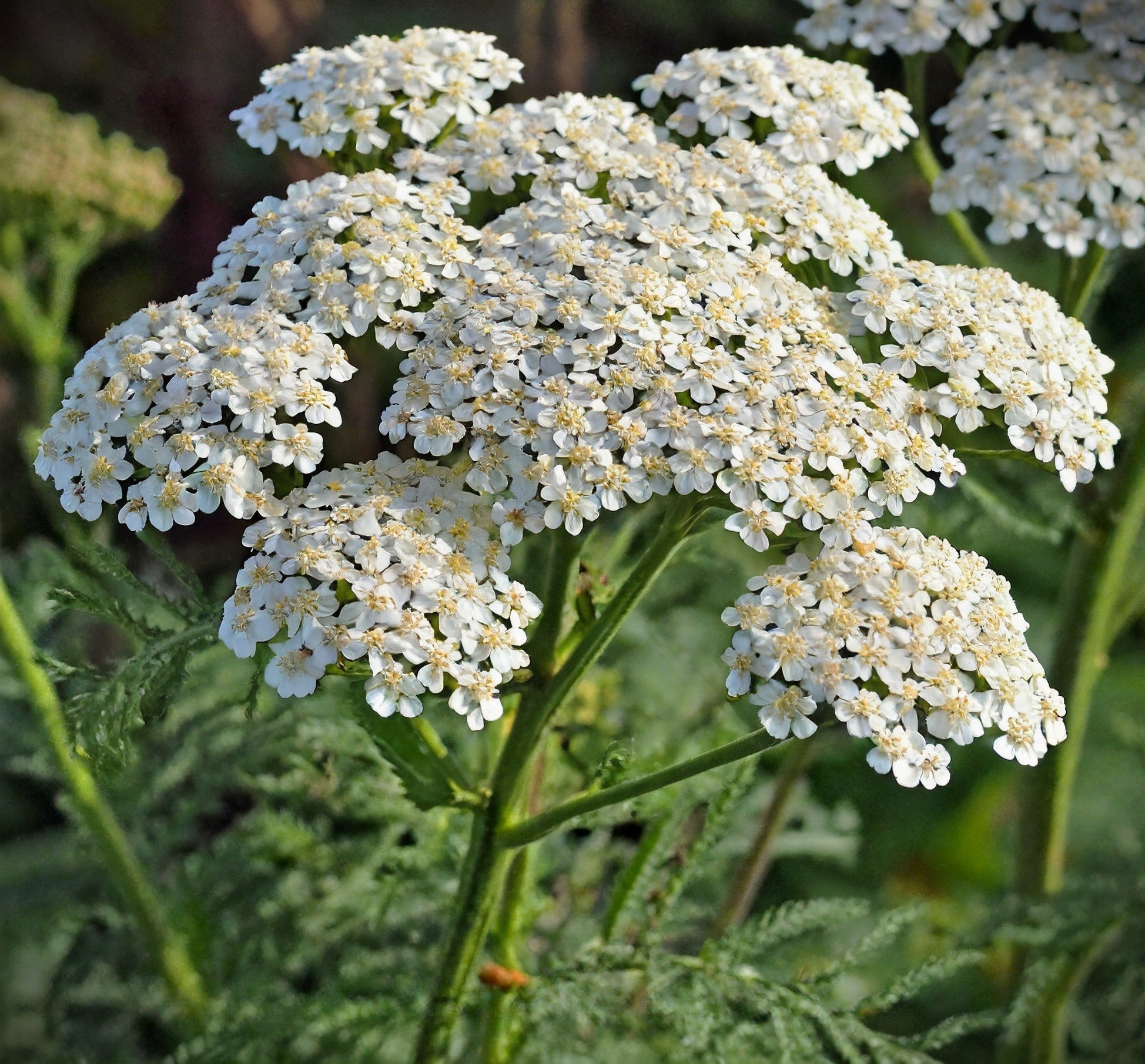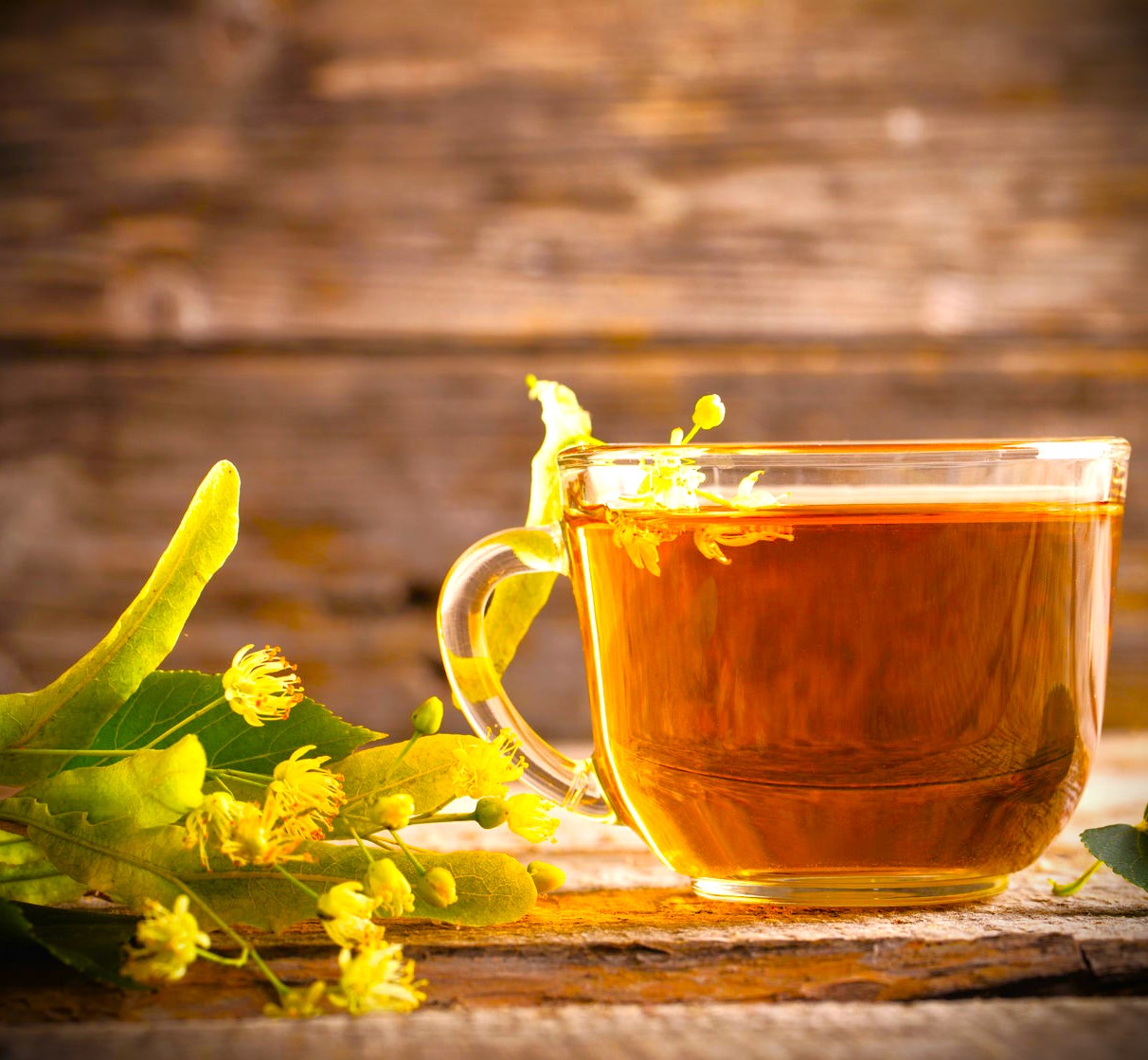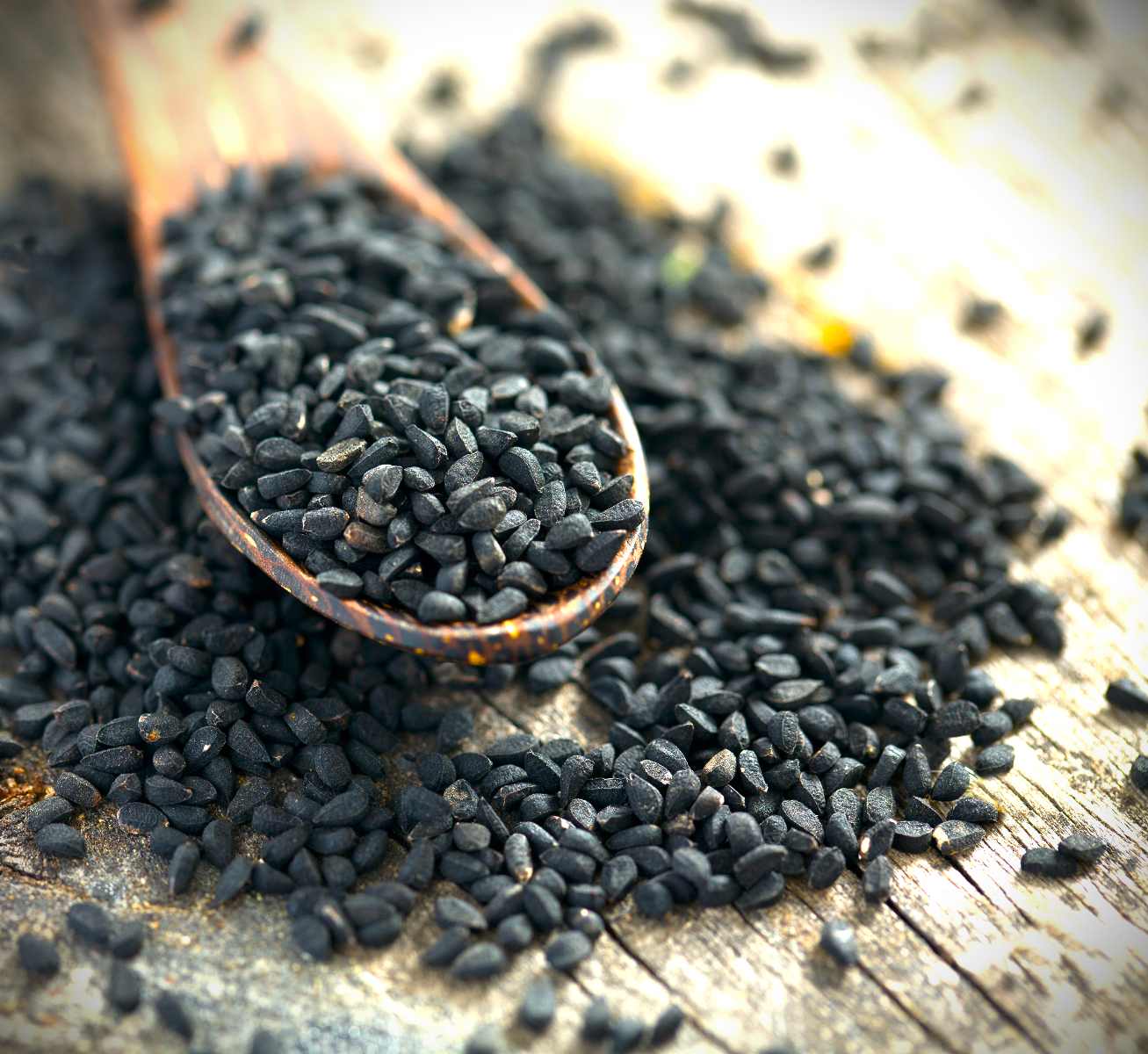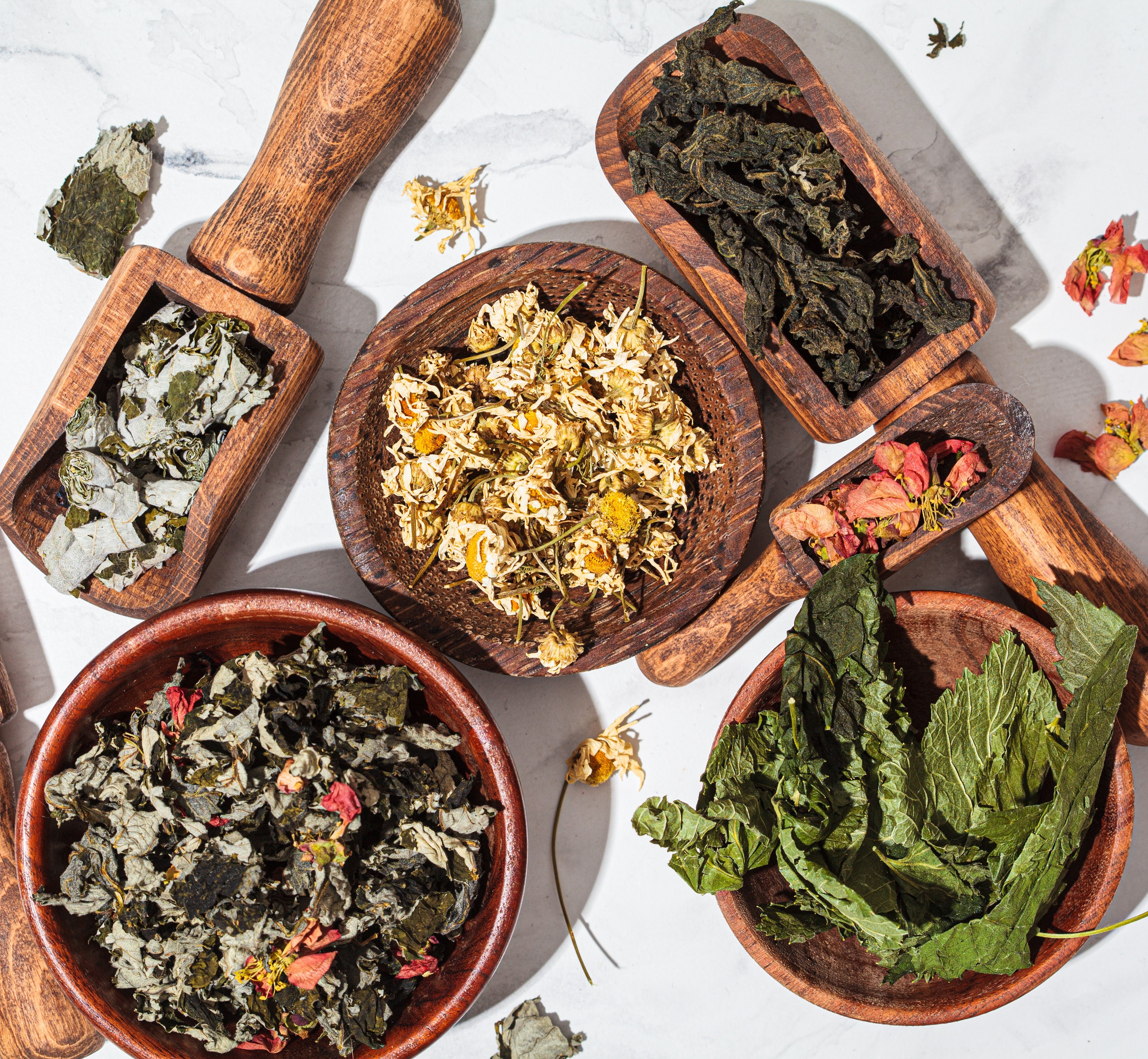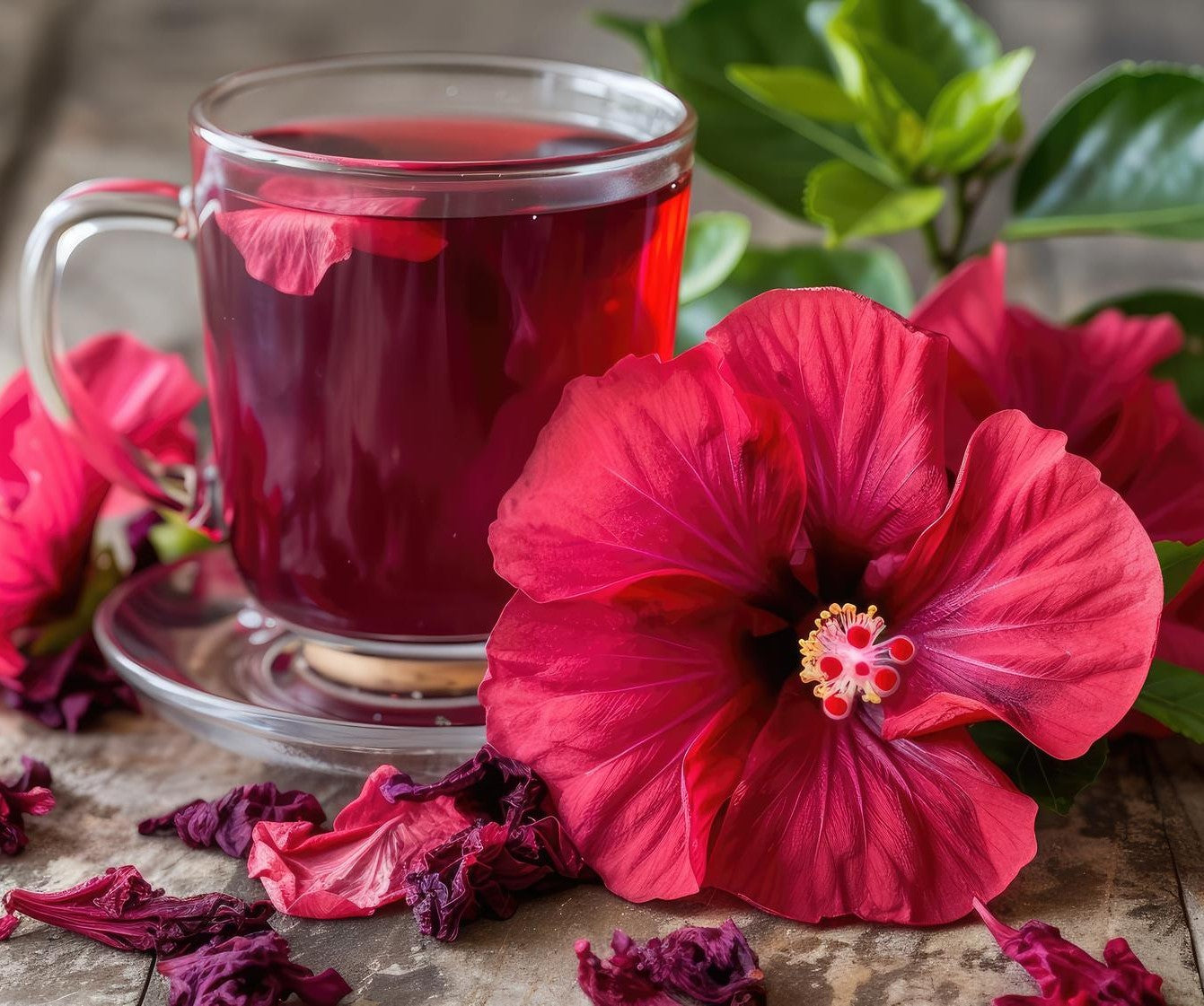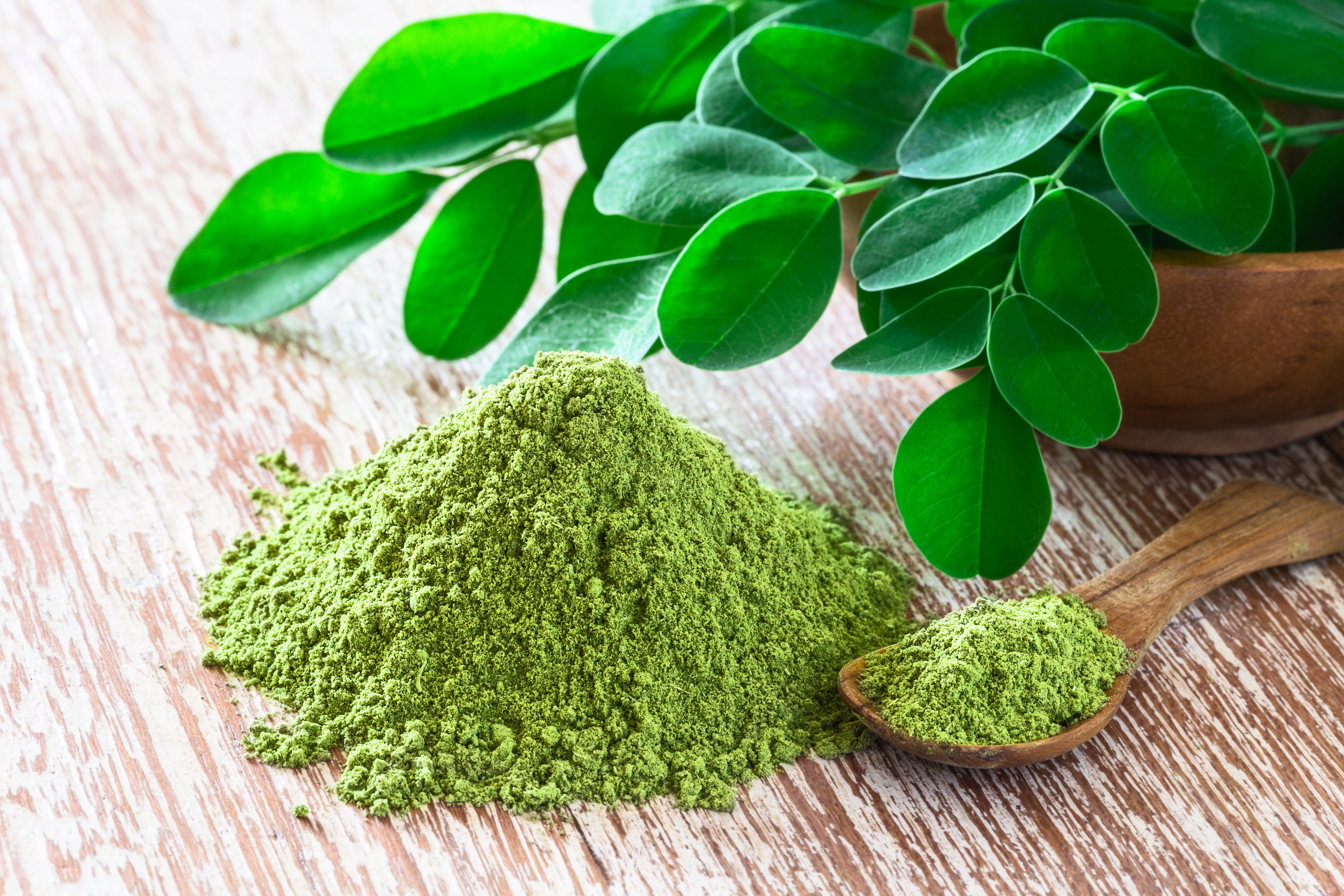Blog
Yarrow (Achillea millefolium) is a medicinal herb with antibacterial, anti-inflammatory and antihemorrhagic properties. It can be used externally in the form of compresses or even masks, but it is also great internally - drunk as a tincture, tea, or even wine.
Linden flower is mainly used for problems with the upper respiratory tract. Linden tea is recommended for colds, fever, cough, sore throat and runny nose.
Black seeds Nigella sativa is an inconspicuous plant with many "magical" properties, classified as the "superfoods". Just 10 seeds a day is enough to see its beneficial effects on health - the digestive system, immunity, allergies and inflammation.
In the Middle Ages, the hyssop herb was treated as a "Universal Cleansing Agent". Used internally, it was supposed to be helpful in eliminating bad energy. Externally, it was used to prepare medicinal mixtures for lepers.
The healing properties of the couch grass are prized for a long time. The couch grass rhizome is used in the treatment of diseases of the liver and pancreas. It counteracts fatty liver and bile production disorders. It has a beneficial effect on the course of treatment of diabetes and rheumatism. It can be used as a source of fructose for diabetics.
The Catnip herb, known commonly as catmint or catswort, actually has the scientific name of Nepeta cataria, which comes from Nepeti, a town in the center of Italy where the herb was once cultivated. Although most people don’t realize, this treat, so commonly reserved for its sedative, calming effects on cats, also has extensive benefits for human beings. The most important health benefits of catnip include its ability to calm restless sleep, relieve anxiety and stress, soothe menstrual pain, eliminate eating disorders, and ease stomach discomfort.
When you think of hops, you will almost certainly associate the word with beer. Hops have been used in the beer brewing industry for centuries. They were first discovered way back in the 11th century and have since become a staple in the beer-making business.
Plantain is one of the most common herbs. The leaves contain flavonoids, aukubin glycoside, organic acids (including vanilla, cinnamon), mucilages, pectins, tannins, mineral salts, zinc, potassium, silicon, iron.
The active compounds of yarrow are a volatile oil, containing a- and b- pinenes; acetate, borneol, caryophyllene, eugenol, farnesene, myrcene, salicylic acid, thujone, cineole, camphene, camphor, gamma terpinene, isoartemisia ketone, chamazulene, limonene, sabinene and tricyclene and esquiterpene lactones.


